2 Kg. 4:42-44; Ps. 145:10-11, 15-18; Eph. 4:1-6; Jn. 6:1-15
Something greater among us is here! The people are waiting for “The Prophet” the one that is to come, what they are about to get is something greater, the Son of God. Last few weeks Jesus has been preaching and teaching the people many things reflecting the liturgy of the Word in the Mass and now the readings shift to reflect the feeding of the people as a sign of the liturgy of the Eucharist to come. The Lord feeds us with his own body and blood to answer all our needs and preserve us as “one body and Spirit in the bond of peace” through “one God and Father of all, who is over all and through all and in all”. The Mass is a microcosmic reflection of the ministry of Jesus to his people and in the Mass he is present to us today.
Jesus has been crisscrossing the Sea of Galilee with his disciples and crowds keep following him. What they see in this man is a “Teacher”, a healer, and a sign of a prophet. Jesus performs a greater miracle in feeding not only the five thousand men but the women and children who were with them so that the people recognize not only the “signs he was performing on the sick” but the greater sign that he was not just a prophet but “The Prophet” everyone was waiting for to be their King. His hour had not yet come to be recognized as the Son of God or how he was to deliver his kingdom to the people so “he withdrew again to the mountain alone”.
This is our time in Mass to withdraw from the world while in the world. This is a time to let go of our cares, a time to focus on God’s love for us, a time to be fed by him and to nourish our soul, a time to hear his voice and transform our minds and hearts. A time to offer him the greatest gift we can give that is ourselves to him, a time to be lifted up in spirit and truth. Yes, this is that time to surrender and return his gift of sacrifice for us by our sacrifice of love for him. This is that time.
Has our time come to experience something greater in our lives? With all the distractions of this world and everything we are being fed that is not from God by a world trying to steal our minds, hearts and will, we cannot satisfy our essential needs for joy and peace that only God can deliver. The world itself is not bad as a creation of God there is goodness, beauty, truth, and unity in the world when we gather together to share our gifts, talents and treasures. We honor God with our work and we contribute to the love of God in our charity. The problem often lies in being short sighted when we seek what is in the world as a possession and not a means to a greater purpose.
Home ownership is like a prize to have but there is something greater to have in building a home of love that is the greater reward. Knowledge is a treasure chest but people don’t care how much you know until they know how much you care and something greater becomes of the relationship. Education leads to a degree but the degree is not the reward, the reward is the application to our calling in something greater than ourselves in the service to others. Work pays the bills and puts food on the table but something greater happens in the actualization of work that serves a purpose to produce something good. Children are a lifetime investment “caritos” but they become our greatest legacy when they carry forth our faith to love and serve God.
Church is an institution with a doctrine of faith but something greater happens in the incarnation of the doctrine that is transformative when we act on our beliefs. Sacraments are celebrations within the church community but something greater happens here through the grace of God the Father through the Son in the gifts of the Holy Spirit that unite our humanity to the divinity of God. Bread and wine feed the body but there is something greater among us here in the transubstantiation of the bread and wine through the ministry of the priesthood that brings us the body and blood of Jesus in the Eucharist.
We can see the world as something that just is or we can experience something greater among us here when we become united with the one body of Jesus Christ “striving to preserve the unity of the spirit through the bond of peace”. There was a time when everyone knew some version of Luke 2:14 even in the secular world people knew to say “peace on earth and good will to men”. The complete line is spoken by an angel of the Lord when Jesus was born praising God and saying “Glory to God in the highest, and on earth peace to those on whom His favor rests!” His favor rests on those who seek something greater than themselves, something divine. For those who believe this world is all there is there is something greater missing in their lives.
Today the search is not for peace or it would lead many to return to God. Today the search is for power and it leads many to create division with the old mantra “divide and conquer” and there is something greater here than a desire to conquer the people in our times. There is a greater evil coming from the evil one seeking to create division among families, despair in death, confusion between right and wrong, chaos in the streets, and final separation from any hope of salvation in God. If the victory has been won by Jesus on the cross then what is the battle that remains? It is the battle of pride to take down and punish those called to be sanctified by the grace of God from the Evil one.
The Evil one desires us to be fed to the lions of hate in a culture of death. Our children experience the hate coming from bullying in the schools, the test of pride when tempted by their peers to do drugs, and the fear of being “cancelled” by ridicule and shame for claiming to believe in God. Many in fact become suicidal by the impact of social media in their lives. They are being taught that race and color define a person as inherently oppressed or oppressors. The time when you were judged not by the color of your skin but by your merits is no longer the standard. The cultural war has risen to hate “mankind” so that there is no “man” or “woman” or “humanity” only the “kind” of species you identify with and kindness has given over to hate.
Hate comes in the workplace for religious beliefs when a business won’t bake a cake for a same sex wedding or even when a business takes a position against same sex marriages they are being banned. The next step already in the making is the Equity Law being proposed that will target religion making it illegal to discriminate in any form or fashion against any minority group thus lawyers are preparing their discrimination lawsuits against religion for refusing to marry same sex couples and the church will be treated as violating the law. This Equity Law may become the next “Roe vs. Wade” battle in defense of religious freedom.
Something of greater evil is underlying all of these battles and it involves the intent to deny the existence of God by denying natural law and creation, by making of the body a shell to be manipulated into an identity of choice, and ultimately by denying the sanctity of life itself. If life is not sacred then it becomes as disposable as trash which is how the aborted child is now treated, simply trash keeping only the parts that can be utilized for science. There is a choice to be made and it’s coming to our home if not already here to obey God’s law and commandments or to follow the herd mentality down the path of sin and death.
Jesus comes to preserve the sanctity of life and raise us up to something greater that is to his divinity. After the baptism of Jesus, he was led off into the desert to be tempted by the Evil one. He tried to tempt Jesus with pride to succumb to the evil one’s test but Jesus responded with humility and with the power of the word of God. The word is our defense and Jesus our strength when we recognize it is not about us but about him, and we humble ourselves before him. He comes to make all things new and he can renew us in himself to do greater things with our lives through him who strengthen us.
Jesus comes to offers us his joy and peace from the love of the Father in unity with the Holy Spirit. It is the love of sacrifice seen in humility to God the Father. It is the love that comes in the sacrifice of the Mass as he offers us his body and blood. In birth we receive the gift of life, in baptism we receive the gift of the Holy Spirit, and in Mass we receive the gift of Jesus himself in the Eucharist. It is surprising how Christians can believe in the omnipotence of God, in all the miracles he performed and then refuse to believe that he would take something as basic and natural as bread and wine and make it into his body and blood in memorial of his passion, death, and resurrection. If he demonstrated he could resurrect the dead, why is it so hard to believe in the miracle of the Eucharist? Believe and be fed and allow him in his body and blood to transform us and preserve us in holiness. Something greater is among us here so let this be our time for God’s time with us.
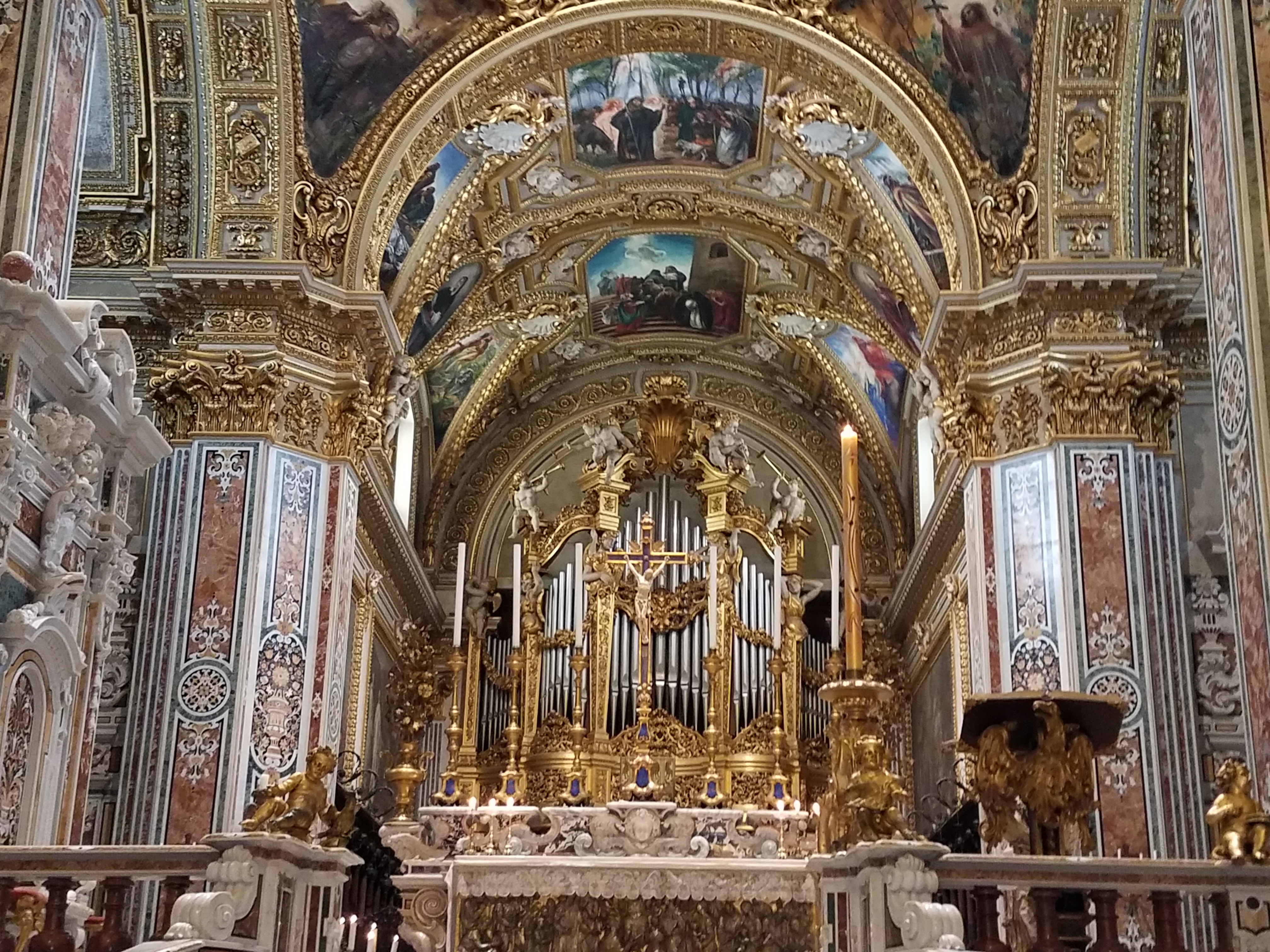


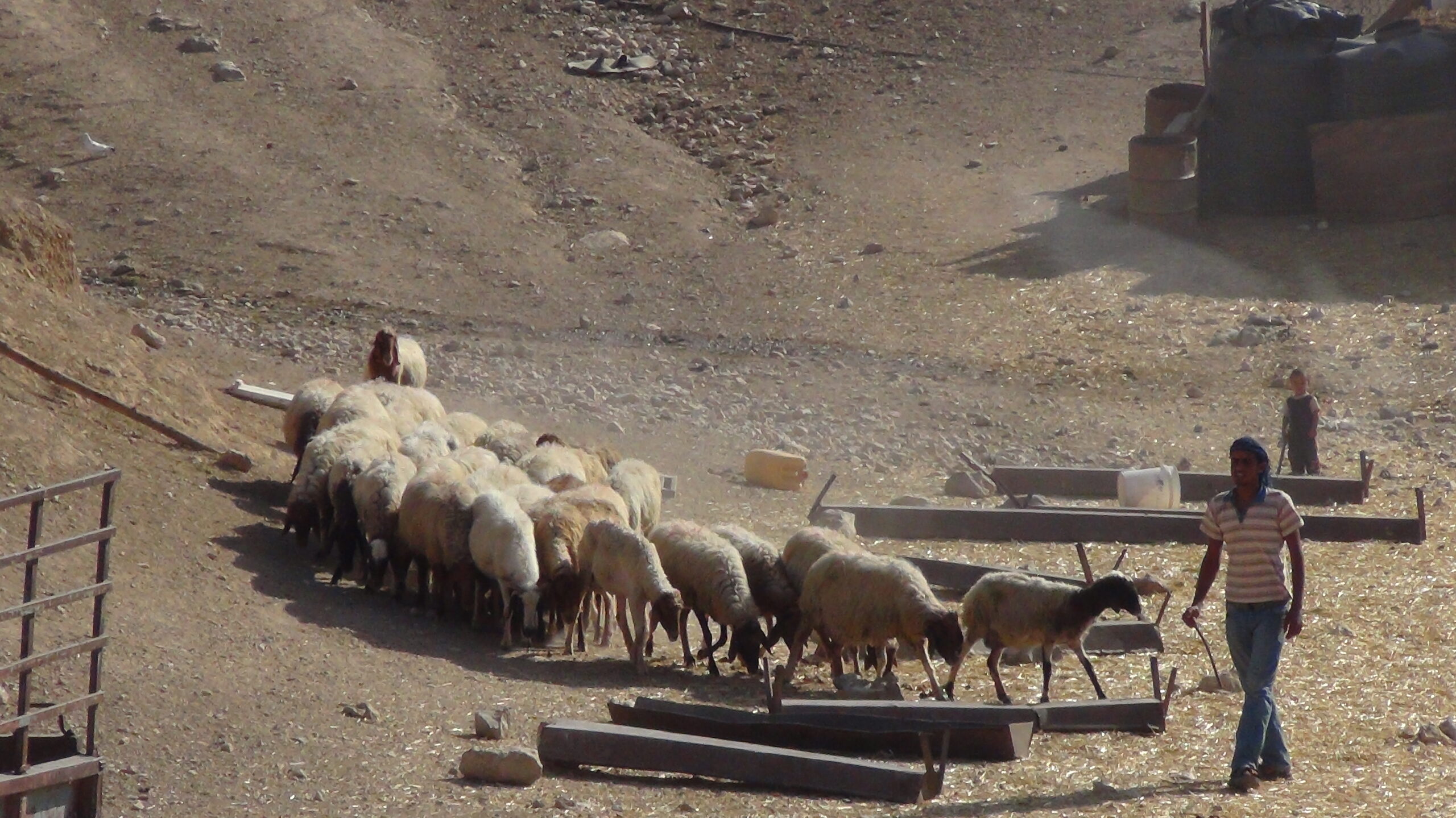




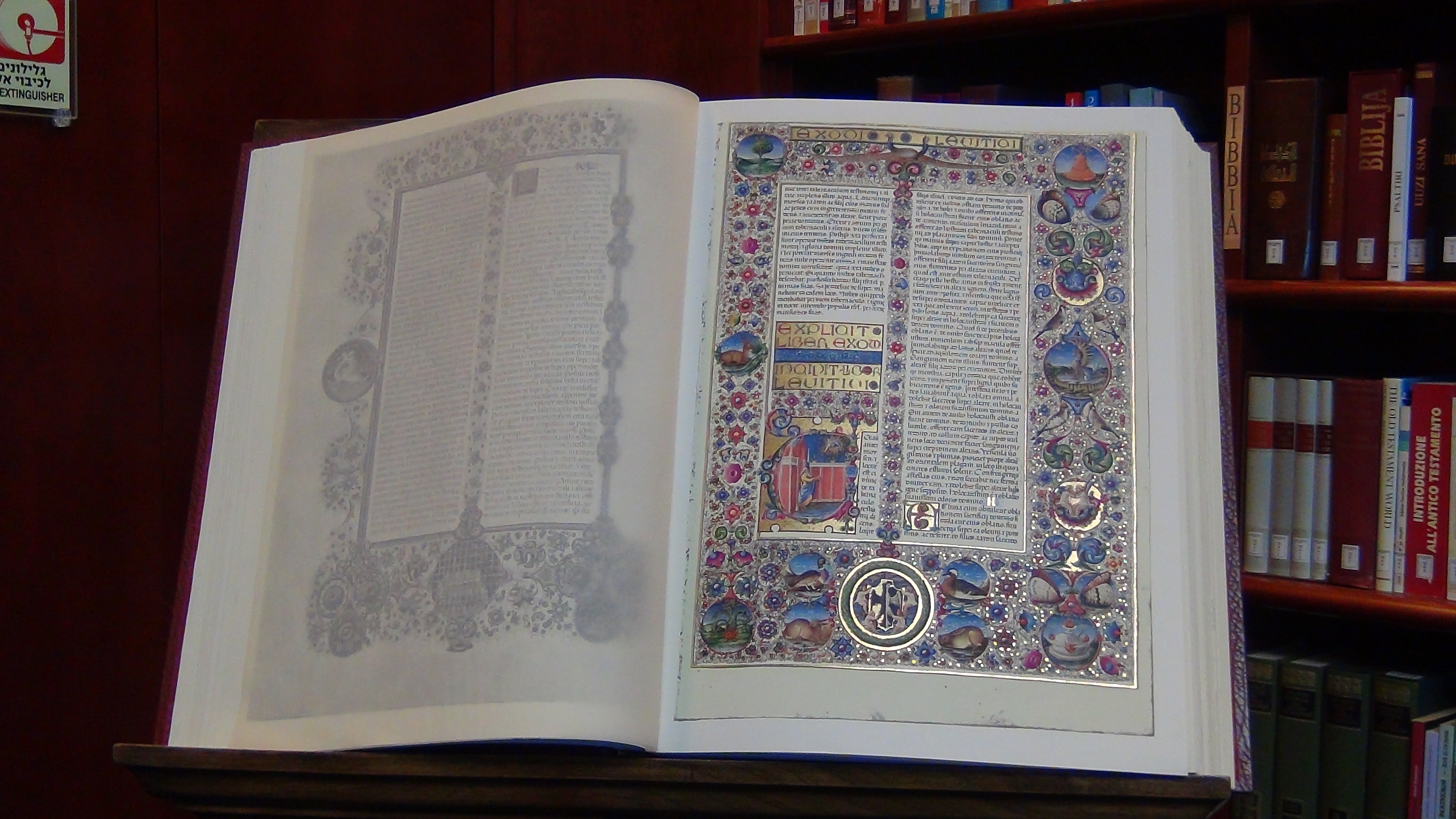

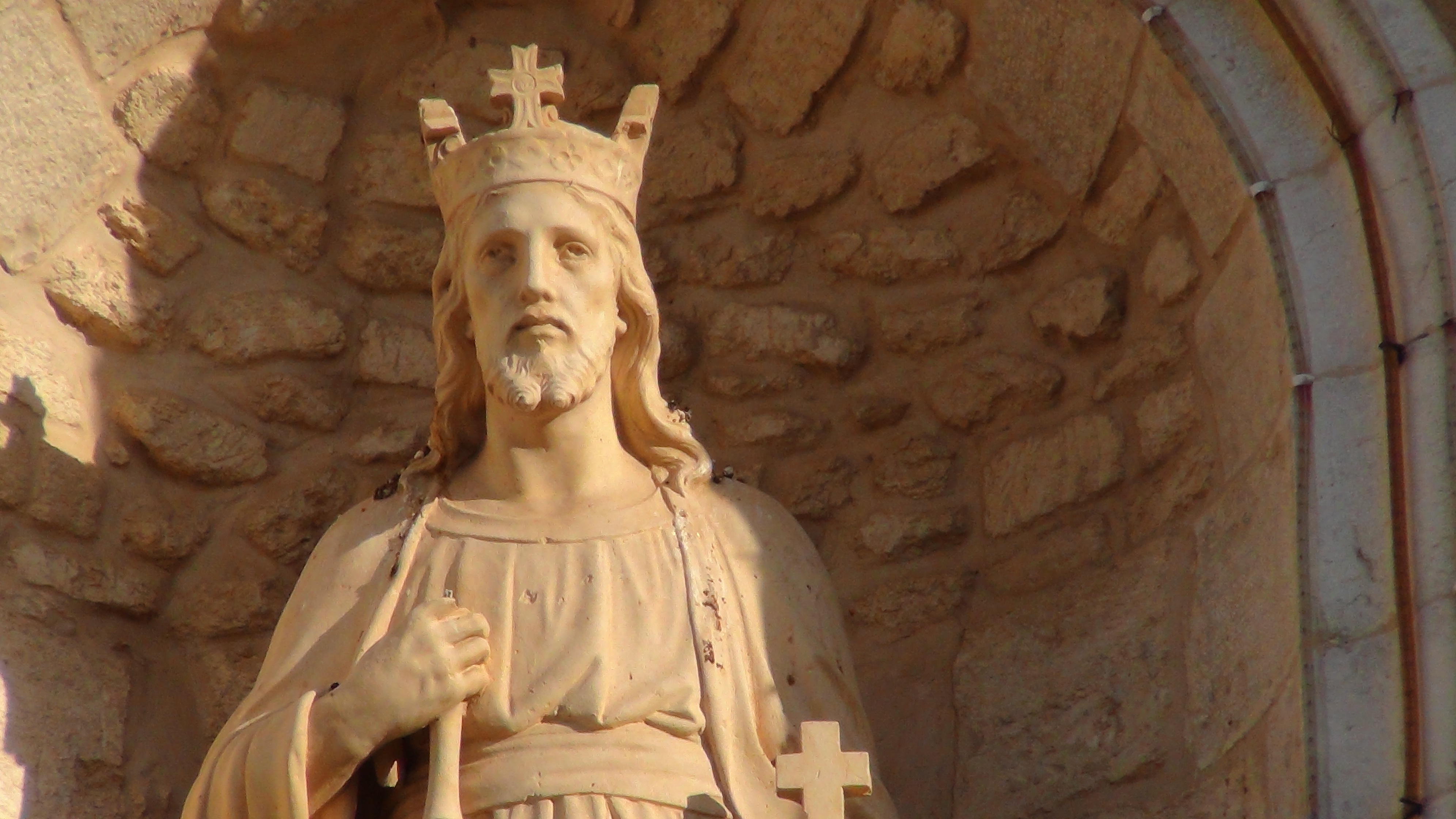
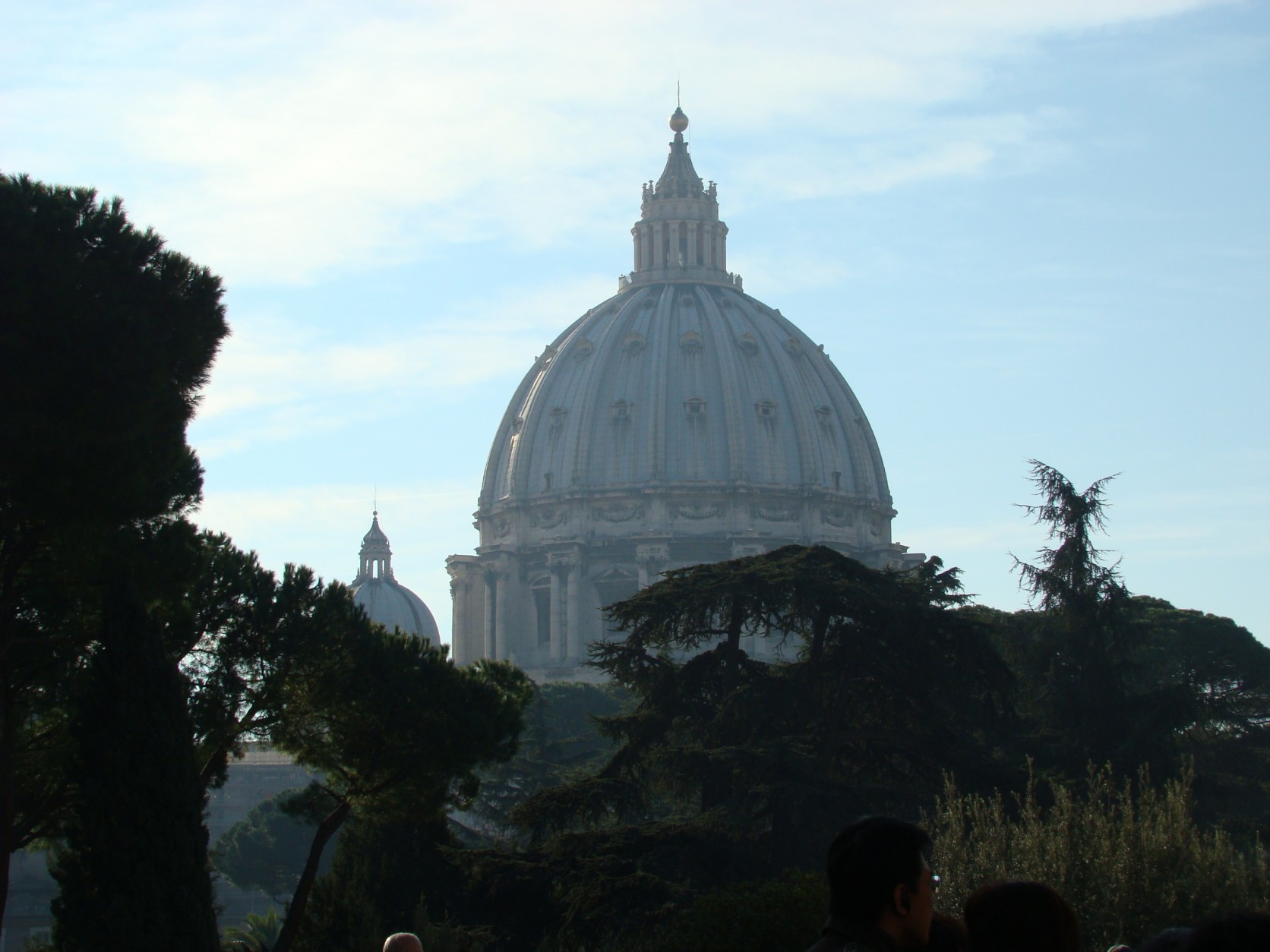

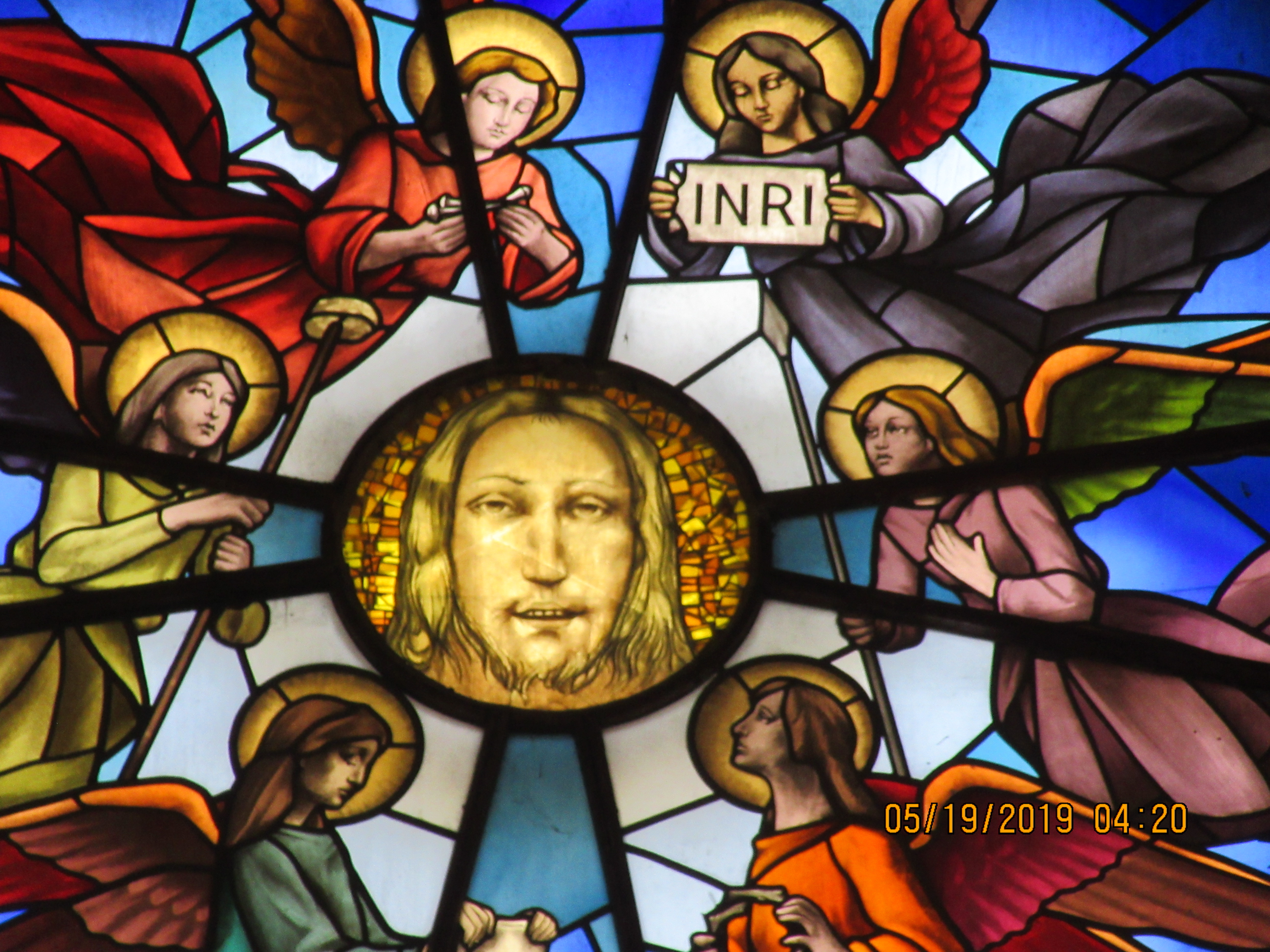

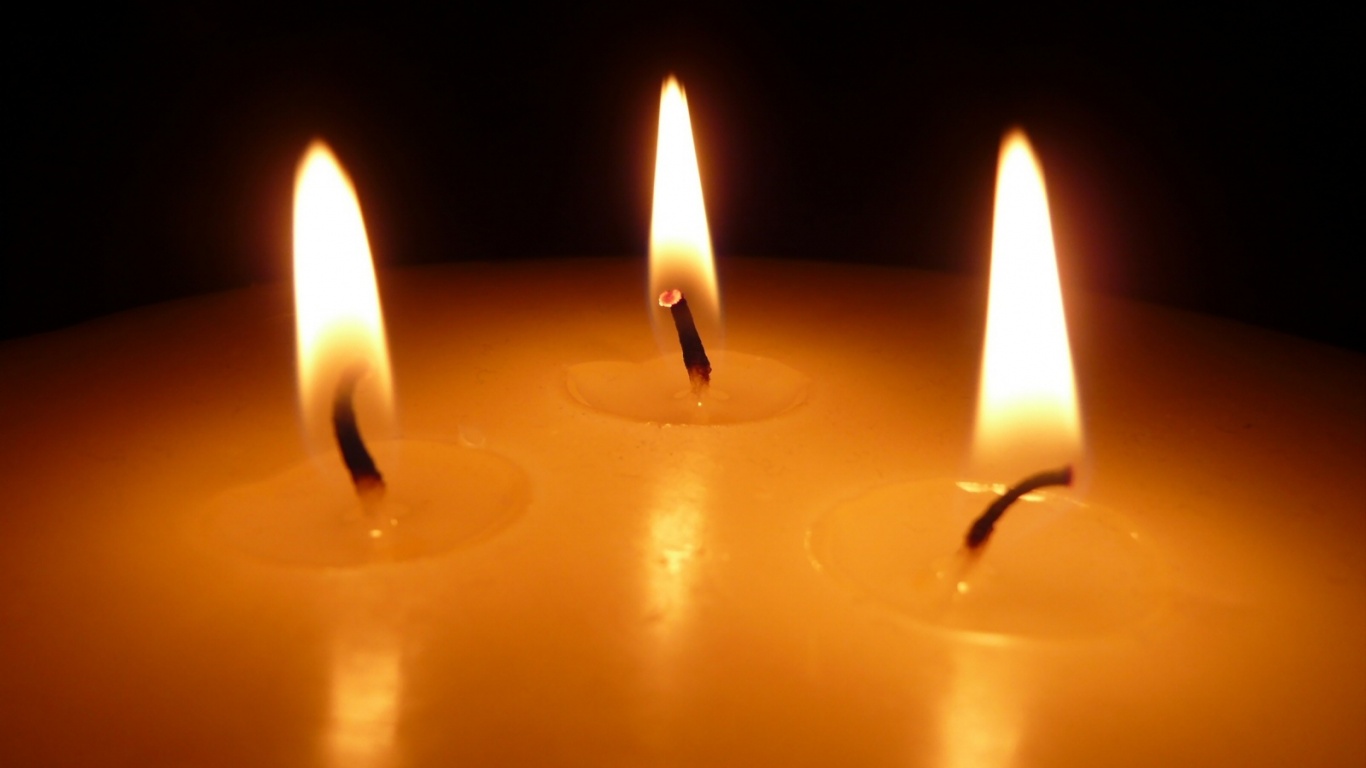

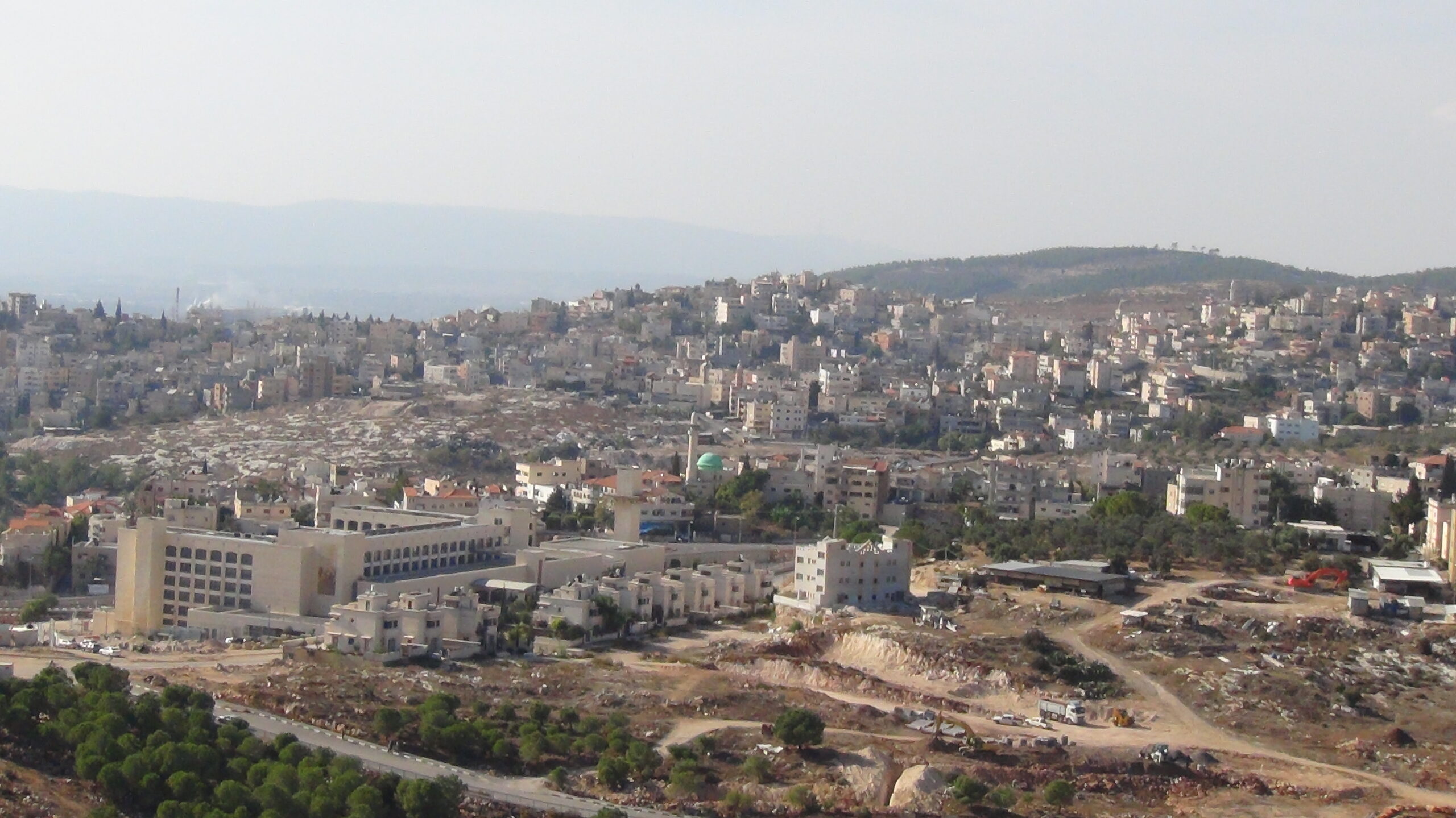

Recent Comments